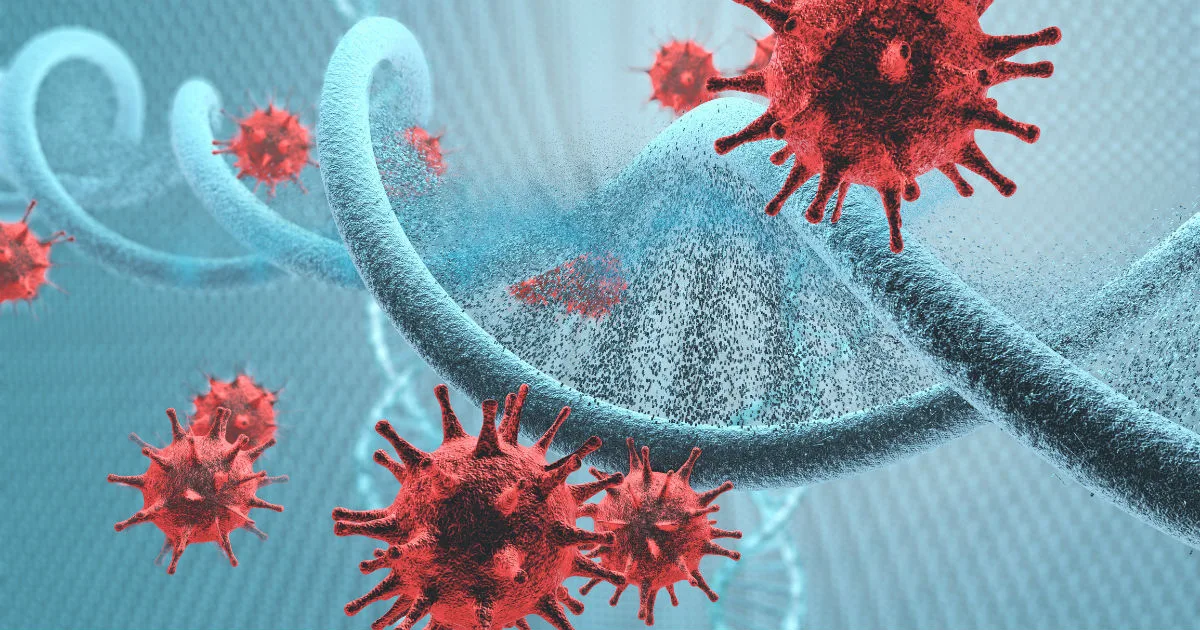Scientists have made an extraordinary discovery linking Covid-19 to cancer regression, potentially unlocking new possibilities for cancer treatment.
Researchers at Northwestern Medicine’s Canning Thoracic Institute found that the SARS-CoV-2 virus, responsible for Covid-19, can trigger the creation of unique immune cells that are capable of attacking and destroying cancerous cells. This groundbreaking research, published in the Journal of Clinical Investigation, suggests that the virus that caused the global pandemic might also play a role in combating cancer.
Dr. Ankit Bharat, the chief of thoracic surgery at Northwestern, expressed his surprise at the discovery, saying, “It’s astonishing that the same virus, which caused widespread devastation, can help generate cancer-fighting cells.”
The key finding revolves around the RNA molecules from SARS-CoV-2, which were shown to induce the production of special immune cells known as “inducible nonclassical monocytes” (I-NCMs). These cells, activated by severe Covid-19 infections, were also found to be capable of combating cancer, specifically in melanoma, lung, breast, and colon cancers.
In animal studies, these I-NCMs demonstrated remarkable effectiveness, shrinking tumors by up to 60 to 70 percent. According to Dr. Bharat, “What sets these cells apart is their ability to act in two ways. Typically, nonclassical monocytes patrol the bloodstream, seeking out threats, but they can’t infiltrate tumors because they lack certain receptors. However, the I-NCMs created by Covid-19 retain a unique receptor, CCR2, which enables them to penetrate tumor sites directly.”
Once inside the tumor, these immune cells release chemicals that attract the body’s natural killer cells, which then attack the cancerous cells and help shrink the tumor. While the findings show great promise, researchers caution that the research is still in its early stages, with tests currently only conducted on animal models.
Dr. Bharat emphasized, “This is just the beginning, but it provides hope that we could use this approach to treat patients with advanced cancers that haven’t responded to existing therapies.”
The next step will be to carry out clinical trials to determine whether this promising treatment can be safely applied to human cancer patients. Although the research shows potential, further testing is necessary before it could be used in clinical practice, and clinical trials are likely years away.
This discovery is particularly noteworthy because only the RNA virus from Covid-19 has shown the potential to fight cancer. Other RNA viruses, such as the flu, do not appear to trigger the same immune response capable of targeting tumors.
If further studies confirm these findings, they could pave the way for a novel treatment option for cancer patients who have not responded to conventional therapies, offering new hope in the battle against cancer.
Covid19 #CancerResearch #CancerTreatment #Immunotherapy #BreakthroughDiscovery #SARSCoV2 #TumorShrinking #MedicalResearch #InnovativeTreatment




+ There are no comments
Add yours